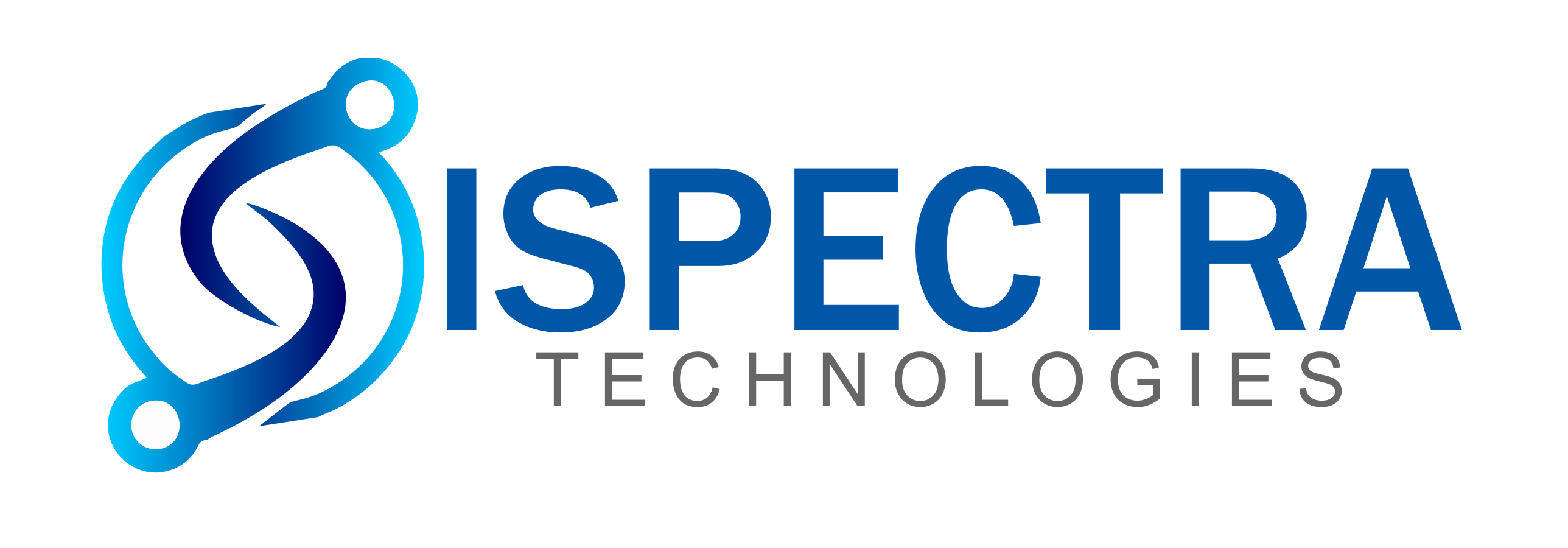Over the years, the importance of cybersecurity for small businesses has grown significantly globally. Even factors like industry, location, or developmental stage do not make a difference when it comes to cyber threats. The question stands: Why?
The technological progress across the globe is improving the efficiency of businesses. However, as the digital medium is gaining preference and data are available on these channels, the risk of cyber risks is increasing significantly. Though initially, cyber threats were only a concern for large companies, they have now become a worldwide concern. Even small and medium-sized enterprises are facing backlash from cyber risks.
But to make things easy for you, this guide gives you a brief overview of cybersecurity for small business for small businesses- the importance and measures to safeguard business operations. So, let us get started!
The Impact of Cyber Attacks on Small Businesses
Just like their larger counterparts, small businesses hit by cyberattacks encounter both immediate and enduring repercussions, such as:
-
Financial Impact:
One of the most detrimental outcomes of a cyberattack for small businesses is financial loss. Small businesses face financial losses from cyberattacks right away, like being asked for ransom payments. As a solution, they must incur cybersecurity advice costs, staff training, and other necessities. Since most small businesses operate on tight budgets, these financial hits can be highly damaging.
-
Operational Disruption:
Cyberattacks can halt normal business operations, whether through system lockouts, encrypted data, or compromised websites. The resulting downtime can significantly disrupt business continuity.
-
Reputational Damage:
Trust from customers is painstakingly built over time. However, a cyberattack can swiftly erode it, especially if it involves exposing sensitive customer data. These breaches can make the customers and potential clients hesitate in doing business with the impacted company.
-
Legal Consequences:
Businesses deemed negligent in safeguarding customer data may face legal repercussions. This includes the importance of regular third-party network scans.
-
Loss of Intellectual Property:
Intellectual property often represents the most valuable asset for businesses. This makes it a prime target for cyberattacks that jeopardize patents and proprietary processes.
-
Elevated Future Expenses:
Post-cyberattack, businesses should anticipate heightened costs in the short and long term, including investments in technology, staff training, insurance premiums, and other preventative measures against future attacks.
-
Emotional Toll:
Small business owners invest significant pride and effort into building their enterprises. It is because the mere thought of a cyberattack can cause considerable stress for both owners and employees, along with the challenges of handling the aftermath.
Where do you start when implementing cybersecurity measures?
Below is a comprehensive list designed to assist you in crafting a defense-in-depth (DiD) strategy. The following collection of foundational cybersecurity measures serves as a solid starting point, allowing your team to build a more robust security framework gradually.
-
Establish password-management protocols within the workforce
Train your employees on crafting stronger passwords while emphasizing the risks associated with using simplistic or reused passwords. Ideally, invest in a password-management application capable of generating and overseeing your staff’s passwords. Additionally, consider implementing Multi-Factor Authentication (MFA) to bolster security beyond mere username and password authentication.
-
Develop a patch-management strategy
Given the prevalence of various large-scale cloud services and workflow applications among your employees, conduct an inventory of all tools and digital environments where proprietary data is created, stored, and accessed. Subsequently, establish a process or designate responsible personnel to monitor these vendors’ notifications regarding new patches, essential system updates, or security advisories.
-
Deploy a secure data backup and recovery solution
Storing data backups in a secure, offsite location is essential for several reasons. It enables businesses to restore operations quickly after primary system failures or natural disasters. Keeping data backups separate from the leading corporate network also helps reduce susceptibility to ransomware attacks. Accessing critical company information even after a hacker encrypts and locks primary network access can effectively thwart business disruption.
-
Conduct regular cybersecurity training for employees
Despite the effectiveness of appropriate cybersecurity solutions when implemented and managed proficiently, their efficacy may be compromised if employees inadvertently provide access to clever hackers. Hence, it’s imperative to conduct mandatory training sessions to educate employees on:
- Common phishing and social engineering tactics
- Risks associated with opening files or clicking attachments from unknown senders
- Security awareness to recognize and distrust unfamiliar networks, enabling avoidance and reporting
- Secure connection protocols through a Virtual Private Network (VPN)
- Generating complex, hard-to-guess passwords for all work-related applications, systems, and devices is essential.
Conclusion
Cybersecurity is a continuous journey and a lasting investment for small businesses. Through investment in cyber security consulting services, small businesses can effectively reduce risks, adhere to compliance standards, and fortify themselves against evolving cyber threats.
Cyber security consulting firms like ISpectra are reliable allies who can furnish your business with the necessary knowledge, tools, and assistance to safeguard your assets and uphold customer confidence. This proactive approach can help you ensure uninterrupted business operations and excel in an ever-expanding digital landscape.

